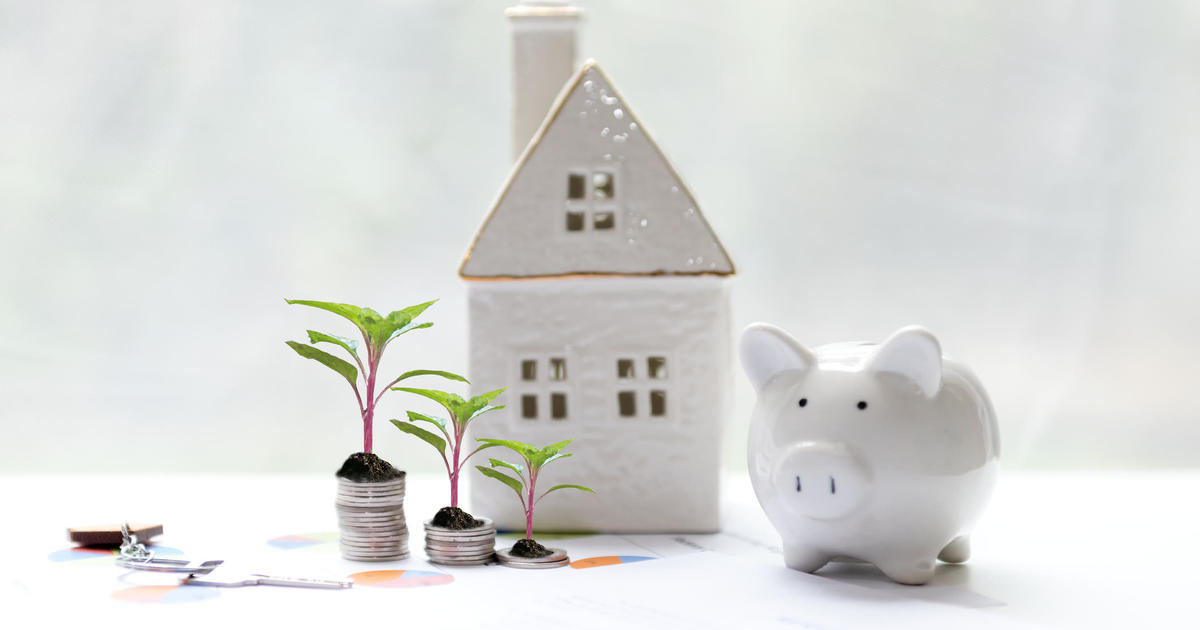Hedge funder Bill Ackman: I made $2.6 billion off coronavirus market crash
At a time when most Americans are stuck at home avoiding the coronavirus, billionaire hedge fund manager Bill Ackman has had problems containing himself.
This week it was a poorly timed humble brag: Ackman said in a letter published on his website he made $2.6 billion in less than a month by betting that the outbreak would cause a market crash. He invested $27 million on March 3 in securities that would soar if investors got worried companies would struggle paying back their debt. And that's what happened, he said. On Monday, Ackman cashed out for an amazing 9,500% return in less than one month.
Ackman attracted attention last week with an outburst during an appearance on CNBC in which he offered an especially dire warning about virus's impact. He predicted that shares of $16 billion hotel giant Hilton were falling to zero. He said dozens of major U.S. companies acquired by private equity giants like Blackstone and KKR through massive amounts of debt were headed for bankruptcy, threatening tens of thousands of jobs. He also warned that if the economy wasn't shut down at once, millions of Americans would die.
"Hell is coming," Ackman told the business news channel's viewers.
It was not a measured assessment. Many on Twitter blamed Ackman for adding to the downturn in the market, which dropped 6% on the Wednesday he appeared last week, including a big drop as he was speaking on air.
Fellow hedge fund manager Bill Novogratz tweeted, "Please get Ackman off CNBC before people start jumping off bridges."
Within hours, Ackman began issuing apologies. He called executives at Blackstone to apologize for saying that private equity-backed companies were going bankrupt, according to people familiar with the conversation. And he released a statement on Twitter that he had been misunderstood. He said he was really saying buy stocks, not sell. Ackman also said his "short" bets had largely been sold off by the time he went on TV, so profiting from stoking more fear could not have been his purpose.
What's more, Ackman noted that two days after his CNBC appearance calling for an economic shutdown, both San Francisco and New York state officially issued their stay-in-place orders.
Perhaps biggest Ackman's biggest PR problem is that he seems to be winning big at a time millions of Americans are flailing. His hedge fund is only up slightly for the year, just 0.2%, but that's a very big deal in hedge fund land, where returns are generally measured against the rest of the market. The S&P 500, with Friday's drop, is now down 21% for the year. Ackman's ability to avoid major losses will likely to attract more clients for his hedge fund and make him money for years to come.
Given how emotional Ackman was on CNBC — he teared up about the health of his father — and the fact that the U.S. faces a major health and economic crisis, it is unlikely he had profits on his mind during his CNBC rant. But news of his massive windfall could make him a target of criticism, just as Goldman Sachs was in the wake of its financial crisis profits in 2009.
Prominent venture capital investor Chamath Palihapitiya said on CNBC last week that it was irresponsible behavior by hedge funds, not banks, that was currently fueling the financial panic and wild swings in the markets.
Banks, in large part because of regulations that followed the financial crisis, have been forced to carry less debt and more cash than during the run up to the 2008. They seem to be weathering the current crisis, at least so far — many have announced they will hold off on company layoffs and focus on helping distressed borrowers.
Hedge funds, on the other hand, have been adding loads of debt to eke out small additional gains in markets like corporate bonds and even U.S. Treasuries, Palihapitiya said.
Now the unwinding of those leveraged hedge fund bets is causing wild swings in areas that have traditionally thought to be relatively safe, which is heightening the sense of panic in financial markets, Palihapitiya said.
"We are going to need some new regulations on hedge funds in the future," he told CNBC.



